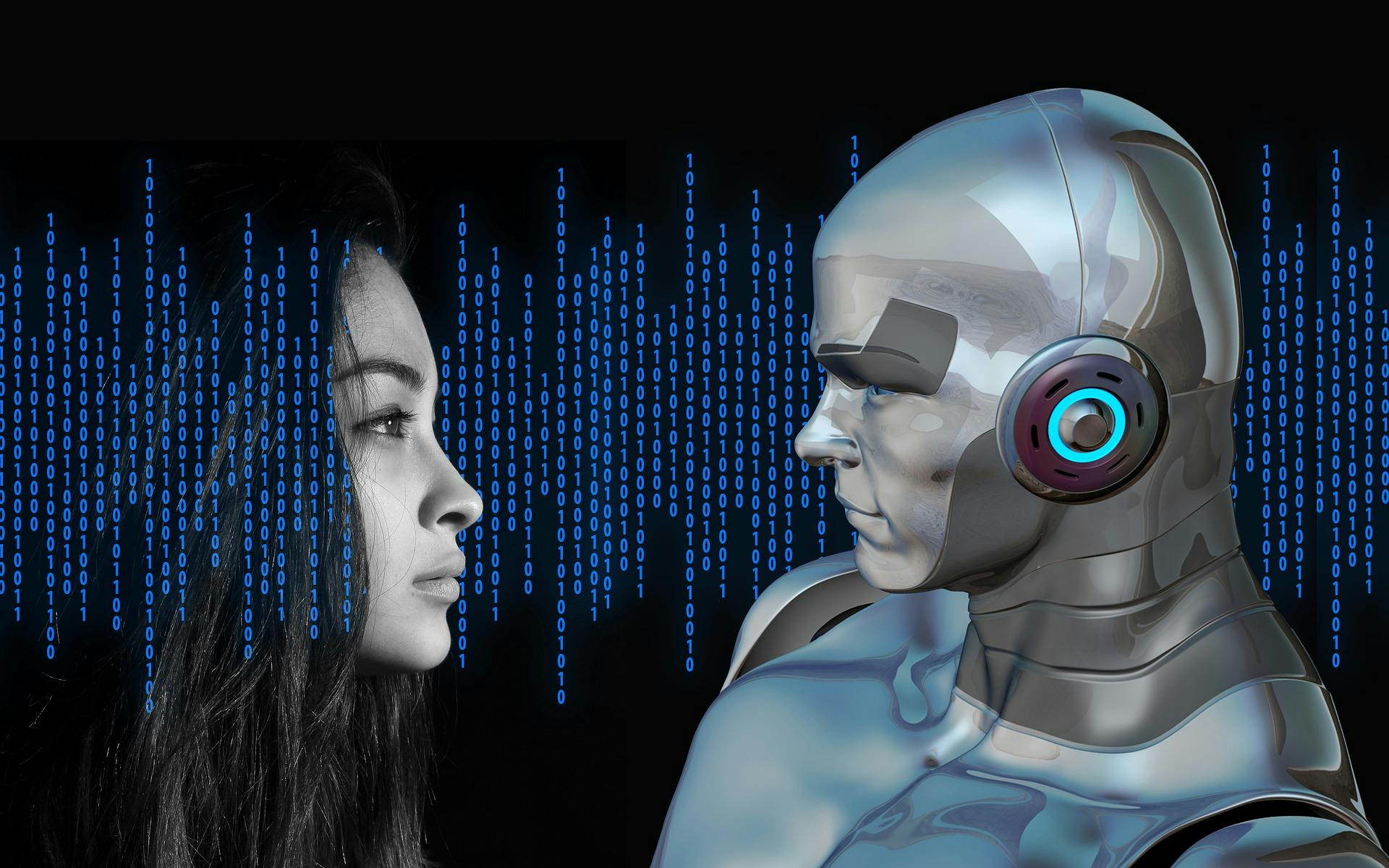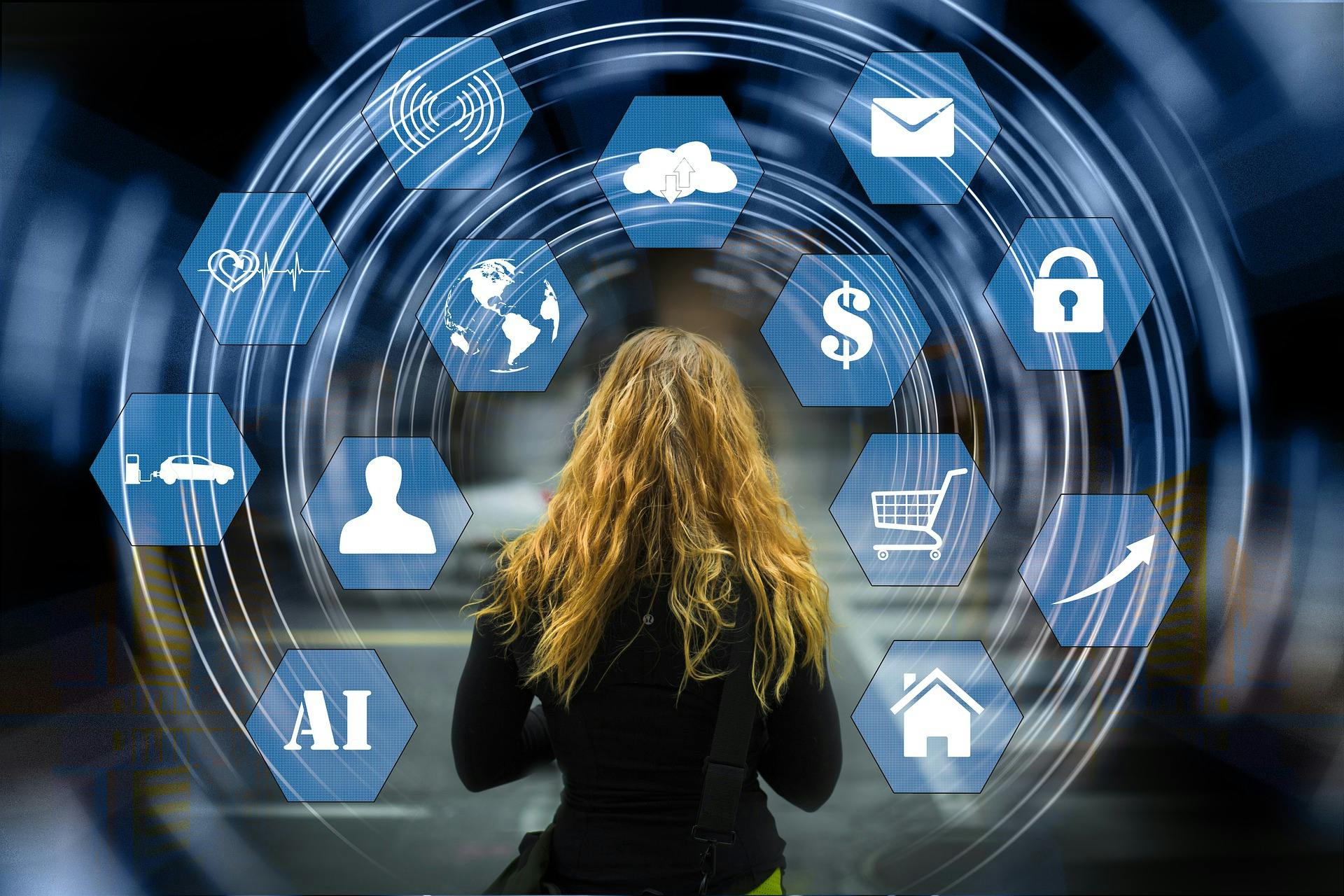For developers and other tech enthusiasts it is quite lucid that the future of computer science is based intensely on AI technology. Although in some parts of the world it is speculated that AI has tremendous negative effects like employment retrenchment, the advantages posed by embracing AI are much greater.
In this article I’ll give a brief insight on what exactly Artificial Intelligence is (from a non-technical point of view). I wish only to give an elementary understanding of AI in anticipation to arouse an appreciation of this technology to novice enthusiasts in this field. A separate article will be available with in-depth notes on Machine Learning Algorithms and other practical content.
CONTENTS
- What is Artificial Intelligence?
- How is it implemented?
- Areas of Application
- Who can study it?
- What are its advantages?
- What are its disadvantages?
WHAT IS ARTIFICIAL INTELLIGENCE?

Artificial intelligence is a branch of computer science whose main aim is to create machines or systems that can meticulously mimic human behavior. It can also be referred to as the simulation of human intelligence by machines. Ordinary machines are designed with predefined instructions on how to perform a specific task. This, however, makes computers comparably dull as compared to the human mind simply because a computer does exactly what it is told to do and nothing else beyond that preset scope of knowledge. However, with Artificial Intelligence, computers gain the capability to exhibit human-like traits such as learning and problem solving. This, as a result, can allow computers to make intuitive decisions like improvising or giving recommendations just like a human would do in a real life situation. The most ideal characteristic of artificial intelligence is its ability to rationalize and take the best possible course of action. A subset of Artificial Intelligence is Machine Learning – this involves systems that analyze data and find patterns in order to make future predictions based on those previous patterns.
HOW IS IT IMPLEMENTED?
• Usually when people hear about Artificial Intelligence they quickly think about robots.
• AI systems are all about reverse engineering human behavior mainly through manipulation of computer algorithms.
• To completely understand how Artificial Intelligence works it is essential to give a brief description of all the sub domains of AI:
a) Machine Learning – it teaches a system to identify patterns in data thereby having the capability make inferences and base decisions on past experience.
b) Deep Learning – is a subset of machine learning that utilizes a neural network in anticipation to mimic the thinking process of the human brain.
c) Natural Language Processing – is a branch of AI that deals with training computers to understand the human (natural) language in order for humans to be capable to communicate with computers even through direct speech.
d) Cognitive Computing – these are algorithms that attempt to mimic text/images/speech/objects to simulate the human thought process in a particular situation and give a logical answer.
e) Computer Vision – this allows computers to understand and classify images
AREAS OF APPLICATION

- Smart Cars - AI has advanced to the stage of being implemented to develop self-driving cars that can intelligently detect obstacles in the road and observe all road regulations.
- Robotics – AI in robotics gives robots the ability to make uniformed decisions based on experience rather than repetitively performing a task.
- Product Recommendation – Entertainment services such as Netflix gives recommendations of shows you might enjoy watching based on previous preferences.
- AI in education - The invention of chat-bots allows students to communicate with a computer as a teaching assistant giving relevant solutions to answers asked.
- Photo Tagging – With the help of computer vision, AI can distinctly identify a person or object in an image.
- Speech Recognition – Smart devices now possess AI whereby a person can converse with a computer e.g. Siri
WHO CAN STUDY ARTIFICIAL INTELLIGENCE?
It is quite possible for anyone to start learning Artificial Intelligence.
However, prerequisite knowledge of any of the following fields is recommended as AI revolves around them:
- Discrete Mathematics, Calculus, Statistics and Probability.
- Programming (especially in Java or Python)
- Algorithms
- Data Analytics
ADVANTAGES OF ARTIFICIAL INTELLIGENCE
- Computers are available to operate 24/7
- Human error is reduced
- Medical diagnosis is possible where humans cannot see or reach
- Faster and more reliable decisions
- It helps in lessening repetitive duties
- It provides digital assistance
DISADVANTAGES OF ARTIFICIAL INTELLIGENCE
- Expensive to implement
- Lack creativity
- Risk of unemployment
- There is potential of misuse
